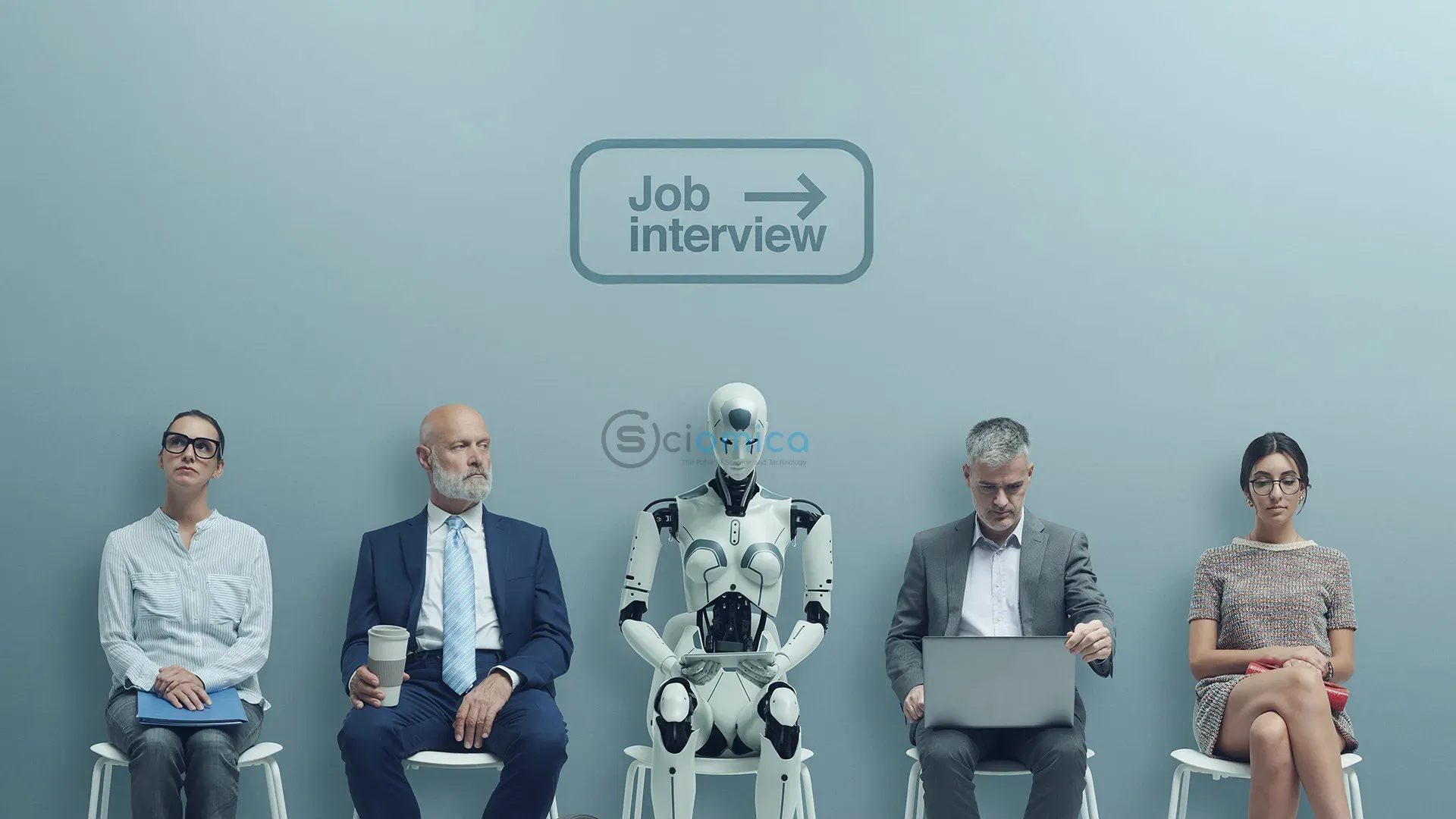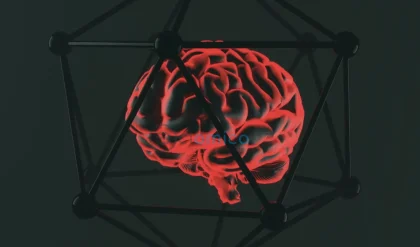Artificial intelligence (AI) is increasingly permeating various facets of everyday life, including communications, advertising, and even test grading, but the rise of AI also signals significant transformations in the job market. Recent research from the University of Georgia has brought to light the strategies different countries are implementing to prepare their workforces for the impending impact of AI.
According to earlier studies, nearly half of the jobs available today could disappear within the next two decades. However, these projections are not entirely bleak; researchers predict that about 65% of current elementary school students will find themselves in occupations that do not currently exist, many of which will necessitate advanced AI skills and knowledge. As Lehong Shi, an assistant research scientist at UGA’s Mary Frances Early College of Education, stated, “Human soft skills, such as creativity, collaboration, and communication cannot be replaced by AI.”
In addressing these challenges, governments globally are taking proactive measures to equip their citizens with the necessary skills for an AI-driven future. The current research reviewed national AI strategies from 50 different countries, with an emphasis on educational and workforce policies. Understanding the approaches of other nations can provide valuable insights and enhance the U.S. strategies for workforce preparation in the age of AI.
Shi emphasizes that “AI skills and competencies are very important,” asserting that it is critical for employees to be prepared for future engagements with AI in order to remain competitive in various fields. Shi evaluated each country’s commitment to AI workforce training and education based on six indicators: the objectives of the plan, the methods of achieving those goals, examples of related projects, measures of success, support for the initiatives, and the timeline for implementation.
Based on this assessment, only 13 countries were classified as giving high priority to the training and improvement of AI education in schools, predominantly among European nations, with Mexico and Australia as notable exceptions. According to Shi, this trend may reflect the greater availability of training resources and a cultural emphasis on lifelong learning in these regions. The United States, meanwhile, was categorized as a medium priority nation, with plans that were less comprehensive than those of the high-priority countries.
Despite the differing strategies, several common themes emerged across the nations studied. Nearly all aimed to establish or enhance AI-focused university programs and some sought to improve AI education for K-12 students. Furthermore, over half of the countries prioritized on-the-job training, offering specialized industry programs or internships. However, there was a notable lack of focus on vulnerable populations, such as the elderly or unemployed, in providing basic AI skills.
Shi pointed out that a lower prioritization of education and workforce preparation does not imply a lack of awareness about AI’s challenges. For instance, several Asian countries are focusing efforts on enhancing national security and health care over educational initiatives.
Several countries adopted a lifelong learning framework to cultivate specialized skills in AI. Germany, for example, has been fostering a culture that promotes interest in AI, while Spain has begun introducing AI-related skills as early as preschool.
Amid these discussions, Shi highlighted a crucial area that requires increased attention: human soft skills. “Creativity, collaboration, and communication cannot be replaced by AI,” he remarked, noting that only a few countries included these vital competencies in their strategies for preparing future workforces. The emphasis on nurturing these soft skills will be essential to ensure that students and employees can secure their roles in the evolving job landscape.
This comprehensive study has been published in the Human Resource Development Review, shedding light on the varying international strategies regarding AI workforce preparation.
Reference:
- Lehong Shi. Global Perspectives on AI Competence Development: Analyzing National AI Strategies in Education and Workforce Policies. Human Resource Development Review, 2025; DOI: 10.1177/15344843251332360







